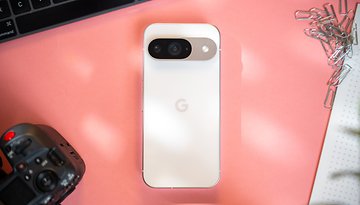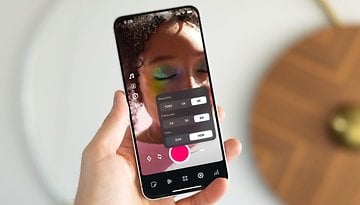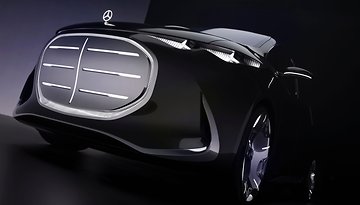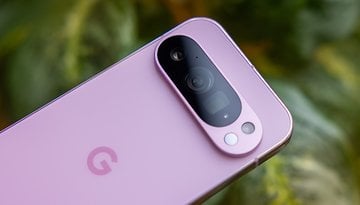Opinion | With the Pixel 6 and Pixel 6 Pro, Google could kill it!
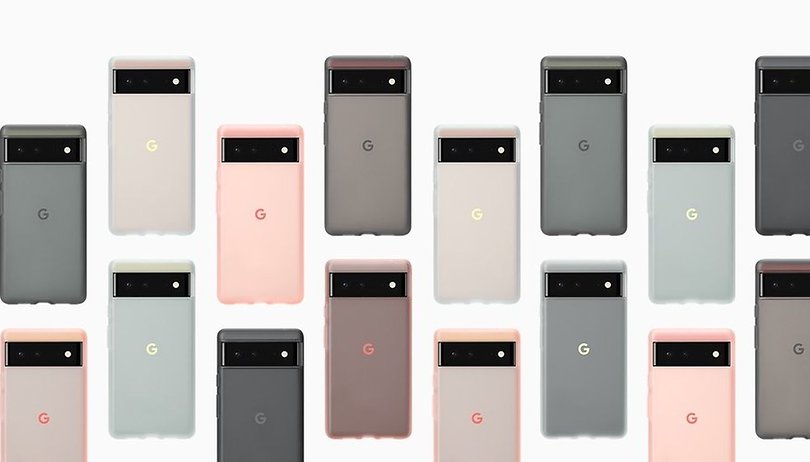

OPINION - The Pixel 6 and Pixel 6 Pro have finally been announced and they're the most hyped Android smartphones of the year, hands down! Google has hit back hard and especially where it hurts - the wallet. The new Pixels are real technological advances to be proud of that hail from the American giant, while carrying the dream to be the Apple of the Android world. However, Google hasn't completely succeeded with its Pixel 6 devices.
Ah, well, it's been a while, huh? I've been itching to write an opinion post for quite some time already. Yes, dear readers, I may have missed debating with you on a "hot" issue of the moment at least as much as I missed dipping my cookies in the tears of the keyboard warriors who sometimes haunt the comments section of my articles.
But let's get back to what we're interested in today: dad's (or mom's, or perhaps even both) big smack down. I know that's a lot of metaphors in a row, but I'm obliged to illustrate my point. With the Pixel 6 and Pixel 6 Pro, Google really wanted to show who is, or at least who is going to be or rather who could be, the boss of the Android smartphone market.
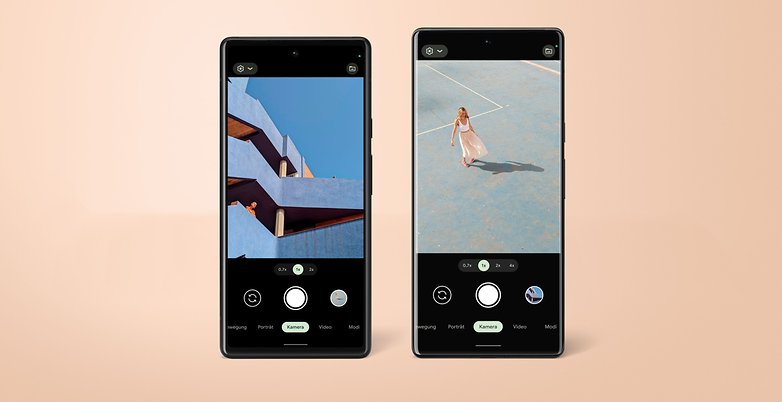
"Google's first true flagship."
That's how Google described its Pixel 6 Pro (not the base model), in case some still doubt that Google has staked everything on this flagship to ensure its revival in the smartphone market.
It's all the more striking when you remember Google's dirty 2020/2021 year. At that point in time, we were only entitled to a fake flagship hiding behind a mid-range device that came in the form of the Pixel 5 and a Pixel 5a which was released only in selected markets. The manufacturer had clearly been bitten after the complicated launch of the Pixel 4 with ultimately rather disappointing sales figures.
But that was before. Prior to Google presenting a flagship, a real one this time, with its very own in-house SoC. This is the first step towards more technological sovereignty that Google had been thinking about since 2016 at the very least, according to Rick Osterloh, the head of Google's hardware division, as quoted by The Verge.
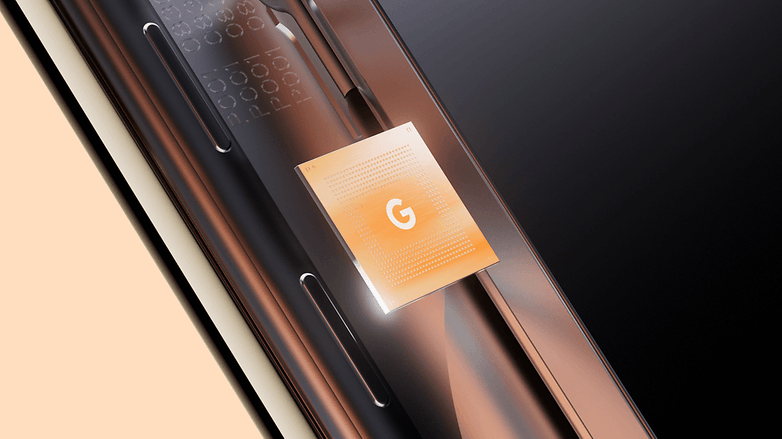
Okay, my opinion is solely based on the specifications sheet and the price/performance ratio on paper - for now. But I do feel that Google wanted to pull its fingers and toes out, replacing it with a hefty punch on the table by attacking its Android competitors head-on.
It's a moment of pride, the awakening of a giant that finally learned from its failures and is not as cocky as before. Google understood that its stock Android experience and its excellent photo processing alone are not enough to let it o sell overpriced smartphones. It also understood that prior to locking down its ecosystem and playing it Apple-style, well, it simply had to get its fanbase to go beyond the simple purist niche.
In the shadow of the Apple
I know what I'm about to say is unbearably generic. But I really felt like I was at an iPhone launch at Google's keynote on October 19.
If Tim Cook had launched the Pixel 6 and Pixel 6 Pro, "the first true flagship," "the best flagship ever designed by Google," I wouldn't have noticed. It's nothing new that Google took plenty of inspiration from Apple for its product strategy. However, I found it to be even more striking this year.
The language elements, the fact that they never really talk about specifications or the concrete performance for the Tensor chip, but pushing out superlatives instead by mentioning the photo module without specifying the amount of RAM. All this reminded me a lot of Apple.
But it's also a double-edged sword for us users since Google has maliciously made tongue-in-cheek comments about the 5 years of updates that in fact, will comprise of "only" 3 Android versions and 5 years of security patches.
Add to that Android 12 's exclusive features to the Pixel 6 and Pixel 6 Pro, as well as the Pixel Pass program that is exclusive to the brand's US loyalists, and some might worry that Google is trying to lock down its ecosystem a little bit too much. It's a legitimate debate but personally, I find it hard to blame a brand for wanting to consolidate users through its products and services.
Finally, a smartphone that has something to say
I've already mentioned it in my review of the Samsung Galaxy Z Fold 3, but it's still refreshing to have a smartphone that's a little bit different from the rest. Especially in a market where soulless, heterogeneous glass (or even plastic) bricks are being churned out on an almost daily basis.
The Pixel 6 and Pixel 6 Pro both have something to say, or perhaps even shout. They are a true statement of intent on Google's part. The design alone has all the potential to become iconic or at least memorable, which is far from the case for its competitors. Still, we're at the point where techies are freaking out because the iPhone 13's notch is 20% smaller than the iPhone 12's. That's where we're at.
Now, Google had better not mess up its performance, photo capability, and battery life. It's much easier to forgive Apple for its anti-consumer practices when its hardware and software ecosystem is so clean and simply delivers. On this particular point, Google is still the challenger, as counterintuitive as that sounds when you say it out loud.
However, I do think the manufacturer has understood that perfectly by now. I can't decently say or diss the Pixel 6 and especially the Pixel 6 Pro, as they could very well be the revival smartphone for Google, the phoenix that rises from the ashes. At the very least, it marks a reversal in strategy that I find to be consistent. Combined with a more competitive pricing policy than OnePlus or Xiaomi, Google at least gives itself every chance to succeed.
So what do you think? Let me know via this poll and especially in the comments section.





